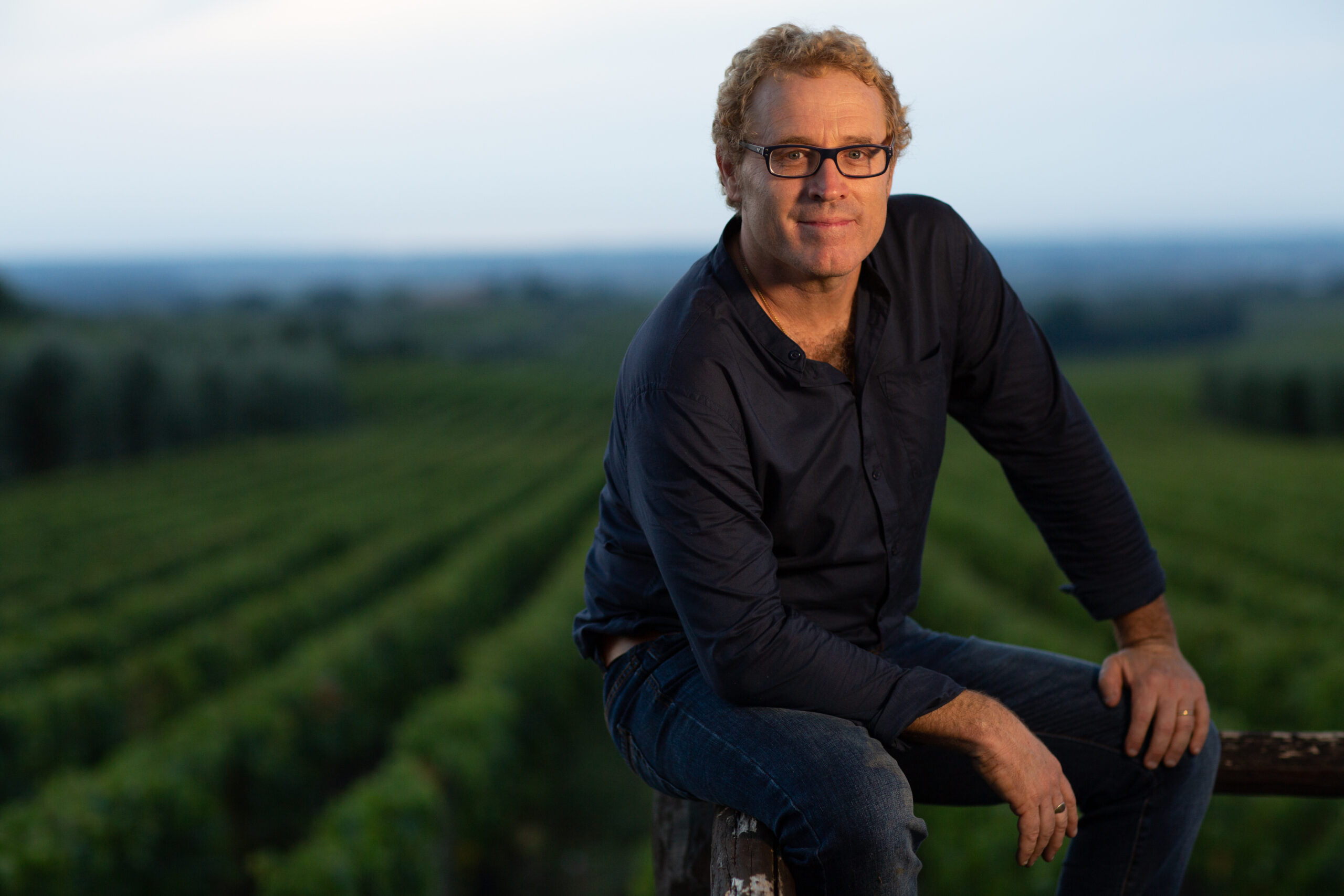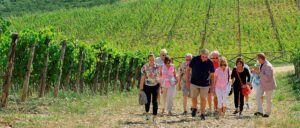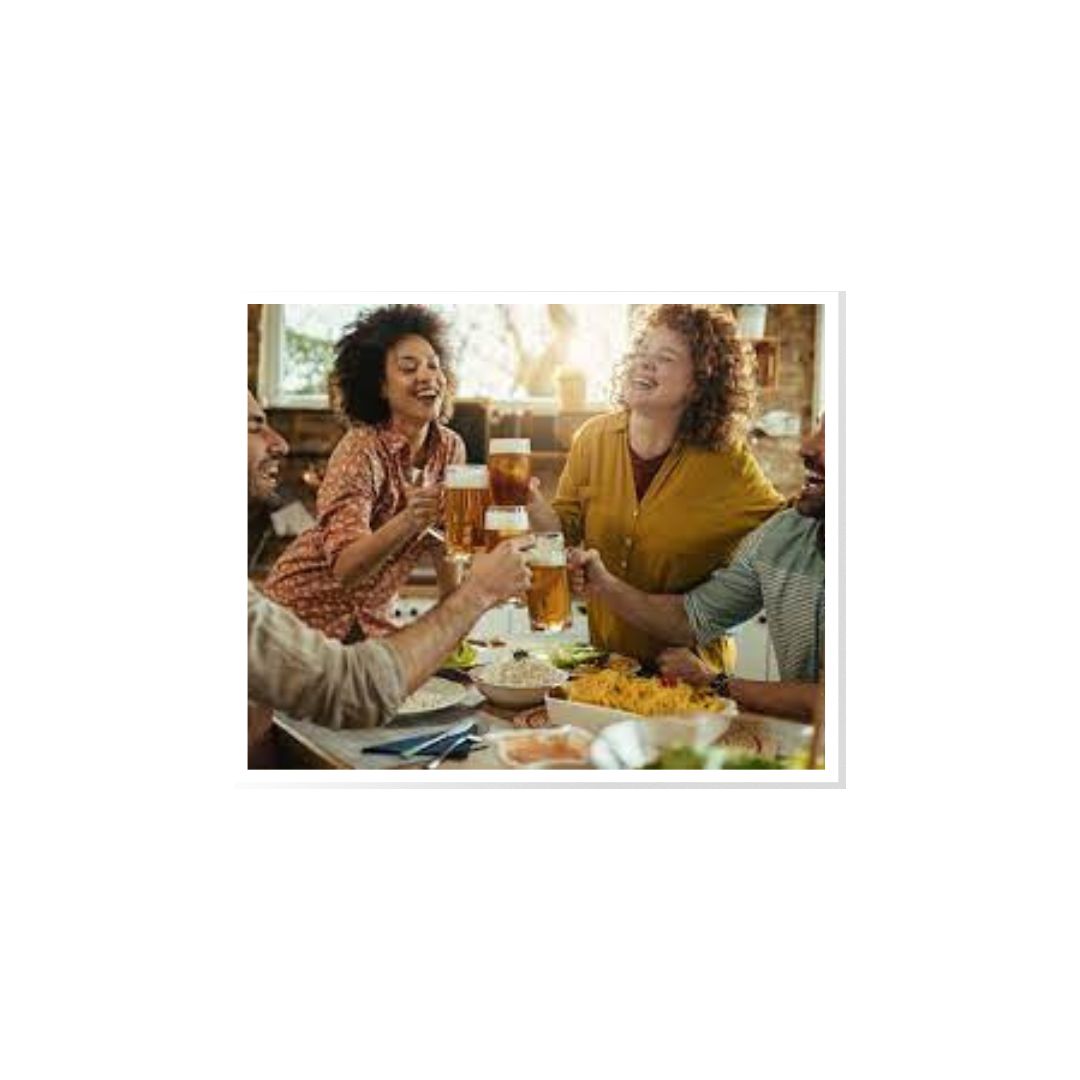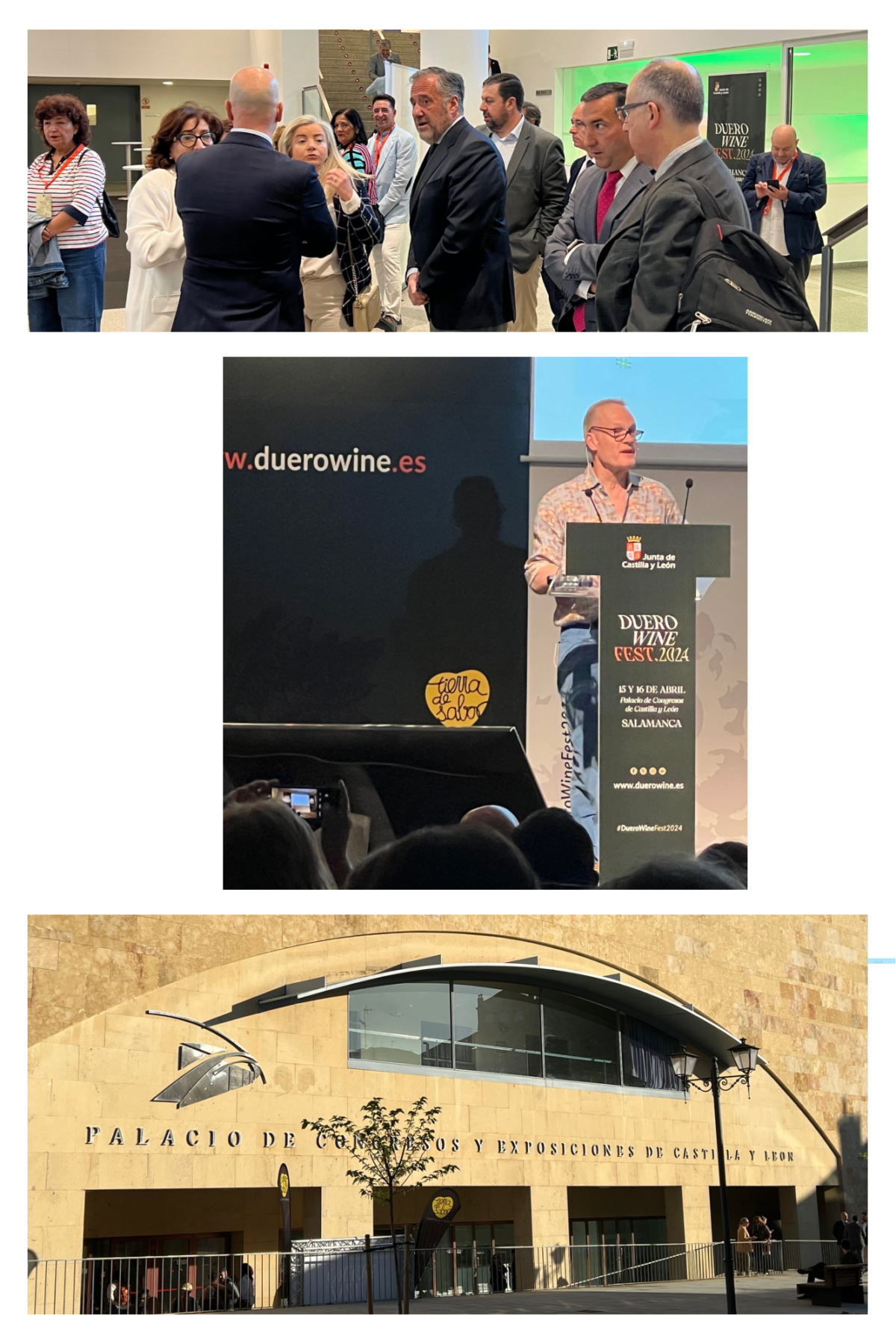One of the world’s largest and most respected wine and spirits competitions, the Concours Mondial de Bruxelles (CMB), launched last week a national competition for South Africa under the global CMB brand “South Africa Selection by CMB.” The inaugural edition will open for entries on 1 June, with judging scheduled to take place from 17 to 20 September in Cape Town.
Says Quentin Havaux, CMB’s CEO, “To head up the new South Africa Selection by CMB, we have appointed Lorraine Immelman, who has founded and run two successful wine and spirits competitions in South Africa since 1997. With almost 30 years of experience in the international wine and spirits competition business, she brings a wealth of knowledge and expertise to our team.”
Following the success of the Sauvignon Selection by CMB in March 2023 – known as the Concours Mondial du Sauvignon at that time – the decision was taken to establish a national competition in South Africa in 2024.
Quentin continues, “Our vision for the South Africa Selection is three-fold:
1. to develop a national wine and spirits competition which is powered by the well-recognized Concours Mondial de Bruxelles;
2. to create a synergy in South Africa which will promote the country’s wines and spirits to local consumers, and
3. to create new platforms for the promotion of South African wines and spirits in world markets.”
Global Exposure on Local Soil
“Amidst a seeming flood of recent new wine competitions, I believe that South Africa right now needs a global wine and spirits competition of the stature and international significance of Concours Mondial de Bruxelles,” says Lorraine.
CMB offers entrants true value for their entry fees, including:
personalised, usable feedback from the judging panels on every product entered and tasted. This includes an Aroma Wheel generated by AI and a detailed analysis with actionable insights to support marketing campaigns.
CMB’s judges represent a mixture of the best local and international experts including buyers, journalists, oenologists and hospitality representatives, who add real marketing support for awarded products.
A Wine and Spirits Experience by CMB concept has been developed with the opening of Wine Bars and Wine Corners in cities and airports around the world (including Mexico City and Tokyo). These tasting venues are exclusively dedicated to CMB medal-winning products from all competitions and sessions.
The CMB media team gives exposure to awarded products at international wine shows such as Prowein, Wine Paris-Vinexpo, Vinitaly and Guiyang.
The South Africa Selection team will focus on the sustained promotion of winning cellars and sponsors through a dedicated media campaign to promote our winners locally. CMB also adheres to the strict competition rules set forth by the European Union, as well as all CMB competitions and selections are meticulously audited by the Service Public Fédéral belge de l’Economie (SPFE).
“CMB aims to be the most prestigious and the most rigorous wine competition in the world. What we want is to be the most reliable wine competition for producers and also for consumers,” says Quentin Havaux. “We look forward to bringing this competition to your beautiful country, and giving South Africa’s fine wines and spirits a more global presence.”
The inaugural South Africa Selection by CMB opens for entries on 1 June, with the judging taking place from 17 – 20 September in Cape Town.
For more information and entry details, please visit our website, Facebook and Instagram page:
southafricaselection.com/
www.facebook.com/southafricaselection/href=”
http://www.instagram.com/saselectioncmb/”>www.instagram.com/saselectioncmb/
For enquiries please feel free to contact Lorraine directly on southafricaselection@vinopres.com or lorraine.immelman@vinopres.com







